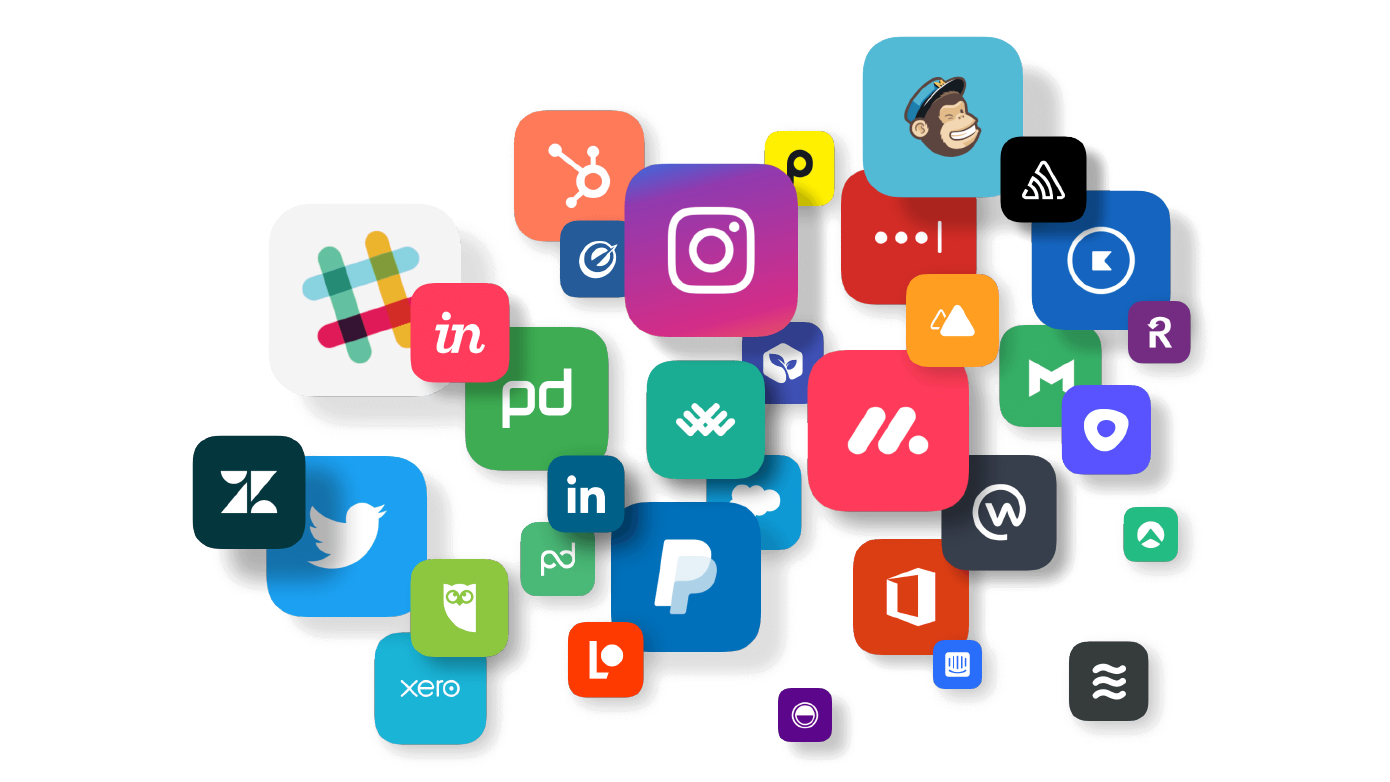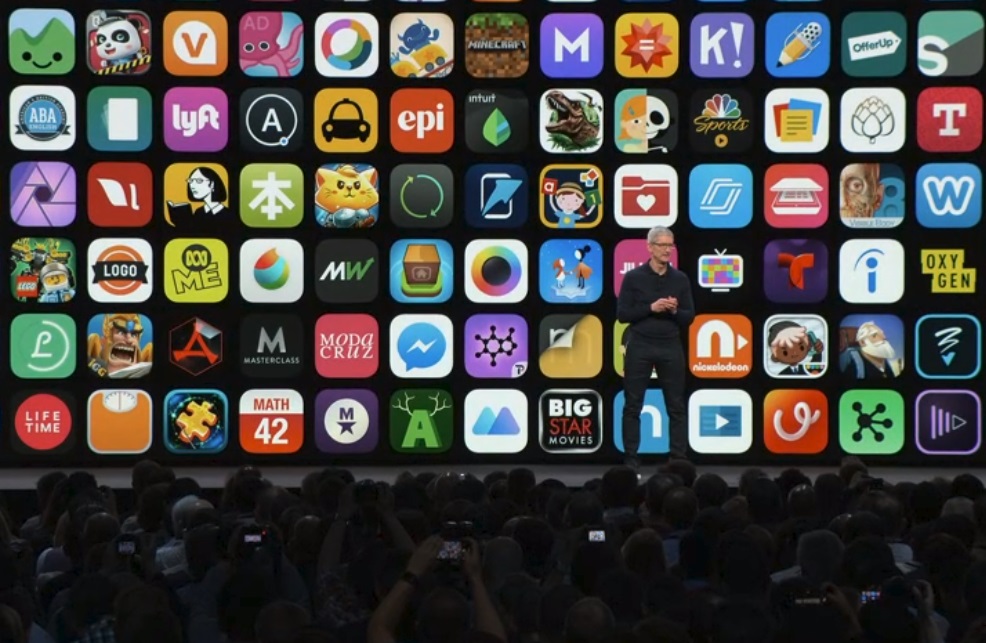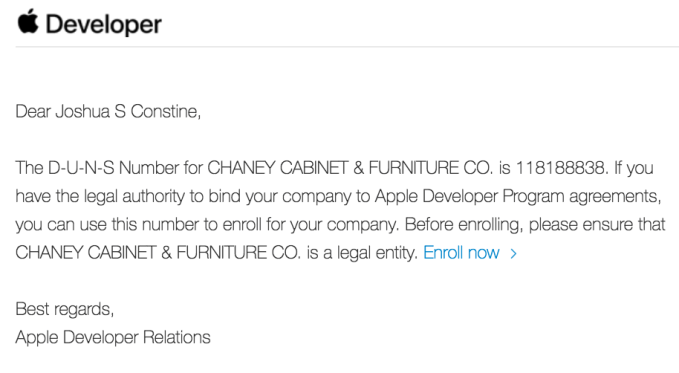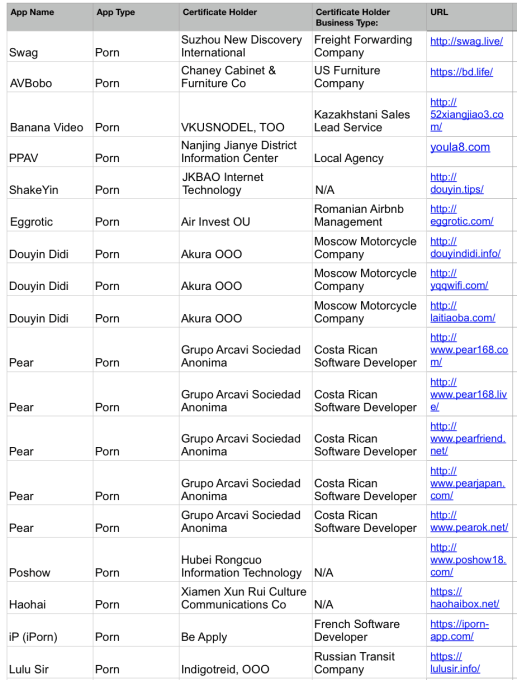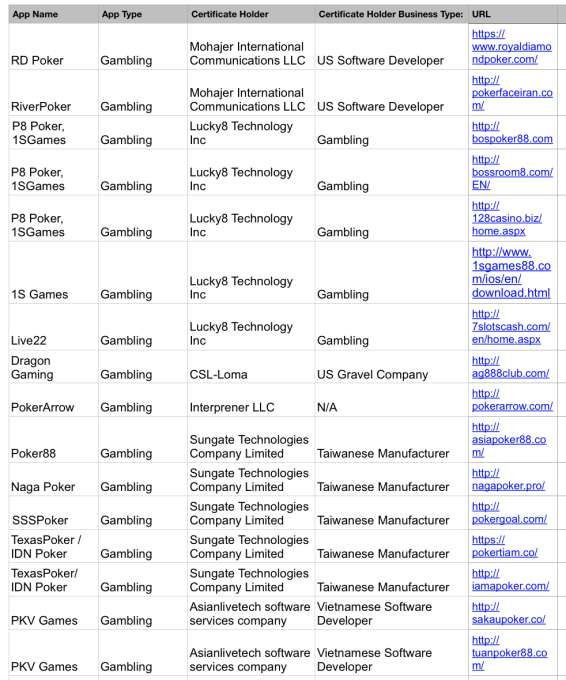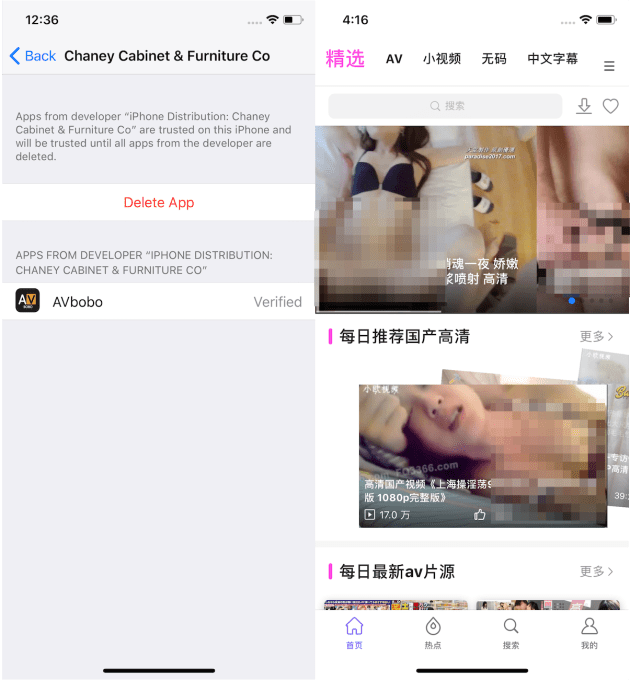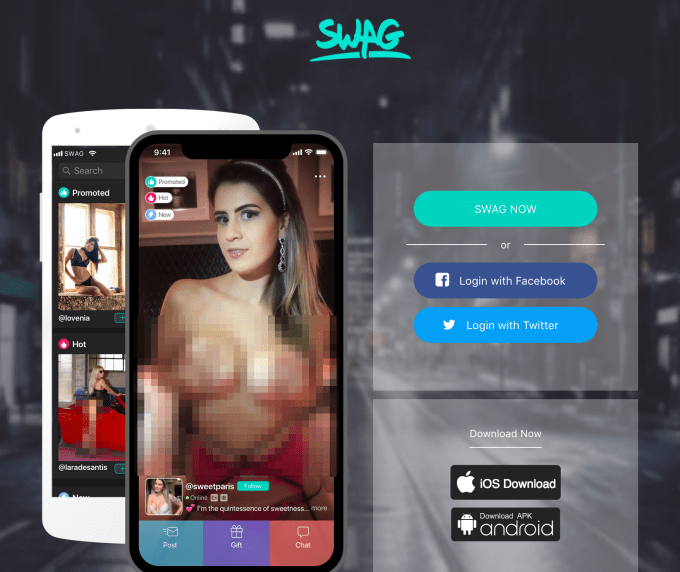Ahoy, it’s doom and gloom for Reddit after the company welcomed investment from Chinese censorship overlord Tencent.
Well, not quite.
The reality is, in fact, it’s quite the opposite. In recruiting the company behind one of the internet’s largest and vibrant social networks — chat app WeChat — and countless blockbuster games, Reddit has pulled off a major coup and banked a huge amount of cash, both of which can help it grow to the next level.
But, right now, reports in the U.S. are suggesting otherwise. You might have seen a range of negative stories surface in the past week following Reddit’s latest round of investment — first reported by TechCrunch — which is led by Tencent and values the company at $3 billion.
Triggered by a Gizmodo story last week, fear is being stoked that a deal with the “Chinese censorship powerhouse” could lead Reddit awry and bankrupt its morality, well, whatever of that it has left. Reddit users, not ones to be slow on humor, have already plastered the site with content that would be forbidden in China, including Winnie the Pooh, the cartoon character often used to represent Chinese President Xi Jinping.
Gizmodo referred to Tencent as “one of the most important architects of the Great Firewall,” and that’s a refrain that has been repeated in countless other reports.
I get it, it‘s a delicious irony; one of the lawless parts of the internet combining forces with a company that aggressively monitors and censors its users. Plus, Reddit is already blocked in China.
But, unfortunately for Gizmodo, the fears are overblown and its descriptions of Tencent are at best naive and at worst deliberately misguided.
China’s censorship system
Tencent is no “architect” of China’s Great Firewall internet censorship program. It’s one of a number of companies which, from its success, finds itself a prominent target for the government with little room to wiggle out.
Tencent sits in an awkward position, for sure. It is the largest internet company in China — it became the first $500 billion firm in Asia last year — and that makes it a core part of the government’s ongoing campaign to control Chinese internet space.
After an unprecedented crackdown on the Twitter-like service Weibo in 2012, when the government closed down comments for three days, China’s censorship became more proactive rather than reactive. That approach leaves fewer traces, for one thing, and it allows Beijing to shift responsibility to the platforms themselves, which fear the repercussions of angering authorities.
That’s to say that today’s dynamic sees China’s top internet companies, including Tencent, instructed to monitor the content produced by their users and, where necessary, remove it.

Reddit CEO Steve Huffman delivers remarks on “Redesigning Reddit” during the third day of Web Summit in Altice Arena on November 08, 2017 in Lisbon, Portugal. Web Summit.
Censoring social networks is one thing, but censoring WeChat — Tencent’s prized asset and China’s top messaging app with more than a billion monthly users — is another thing altogether. Tencent has been roundly (and rightly) criticized for implementing a range of “silent” blocks that, for some terms, prevent messages from being sent or picked up by the receiver.
Likewise, it has also purged millions of accounts from WeChat following numerous rounds of government-led initiatives that crack down on media, pornography and unsubstantiated rumors.
Those crackdowns and censorship moves are not false, but Gizmodo is painting a picture that suggests Tencent is complicit in cleaning its slate.
The truth is that the company, even a company of its size, has no choice in the matter when the Chinese government comes knocking with demands. To ignore the summons, or fail to act, would cause Tencent — a publicly listed company — serious problems that would not reflect well for shareholders. Adhering to these demands is expensive and resource-intensive, as it requires a new “content checking” division with specialist employees hired and trained. In short, it is certainly not something companies willingly opt-in to.
A rite of passage
Tencent is definitely not in control of the agenda, as anyone with an eye on tech in China can tell you. The company suffered a poor end to 2018, in part because the Chinese government decided to freeze new game licenses.
That left Tencent unable to monetize its new roster of games, a situation that saw it lose countless hundreds of millions in revenue and saw its share price drop by nearly 50 percent between March and October. The freeze has only just thawed, with a handful of licenses tentatively distributed this year.
So much for the Chinese government looking after their own.
These issues affect every tech company in China with a meaningful presence. Getting hit by government demands and censorship requests is a rite of passage for tech startups in China, like a dreaded badge of honor that shows your service has grown suitably influential to be considered a threat.
That happened to ByteDance, the company behind TikTok, the current social darling for many U.S. media. Last year, its CEO was forced to issue a groveling apology after it had “overemphasized growth and scale over quality and responsibility.”
The company resolved to increase its content checkers (read, censorship police) from 6,000 to 10,000 people, a move likely made to appease the government. Still, it was made an example of, with a number of TikTok apps removed from app stores and shuttered on the word of authorities.
Welcome to the club!
But it isn’t just Chinese companies.

Tencent became Asia’s first $500 billion company thanks to a stock rally — today it is worth around $425 billion [Photographer: Qilai Shen/Bloomberg via Getty Images]
Choices
Apple, the self-proclaimed protector of freedom, removed every unlicensed VPN from its China-based App Store at the behest of the government in 2017. While, in a rare move that runs counter to its core privacy focus, it relented to state rules and agreed to store Chinese iCloud user data on Chinese soil, through a government-backed cloud service provider, no less.
The difference between Apple and the likes of Tencent and ByteDance is that the U.S. company has a choice. It entered China voluntarily and it has complied with free speech-quashing demands to keep its revenue flowing.
Tencent and ByteDance, as the biggest internet players, would have a tough time moving outside of their native China and remaining in business. Maybe, in today’s censorship-heavy era, some Chinese companies wish they had started out in Hong Kong or another domain, but few markets have the opportunity that comes with 800 million internet users.
The point is that they have no control over censorship demands and no leverage to push back. To blame them — and paint them as co-conspirators, even “architects” — is misleading.
Tencent, in fact, has a reputation as a skillful investor that can be an asset for non-Chinese companies.
Its capital and guidance helped Fortnite creator Epic Games completely revamp its business into the smash hit success that it is today. Elsewhere, Tencent is the largest single investor in Snap — CEO Evan Spiegel has said he often seeks its guidance — and its other deals include Tesla, Discord, Kik and more, none of which have resulted in the introduction of censorship.
Yes, Reddit and Tencent are strange bedfellows, but that’s exactly the point of venture capital. The best founders surround themselves with different opinions, perspectives and experiences to ensure that they are evaluating all possible strategies. Tencent can give Reddit unique insight which, for those who use it, can only be a net positive for the future health of Reddit’s business and continued service.

from Apple – TechCrunch https://tcrn.ch/2tjS7dW


